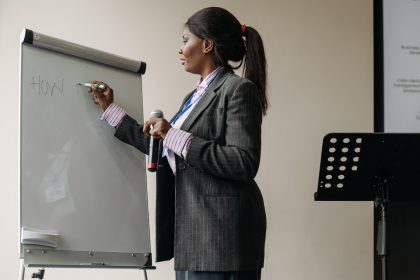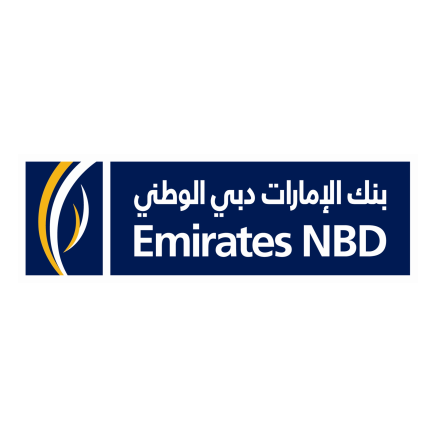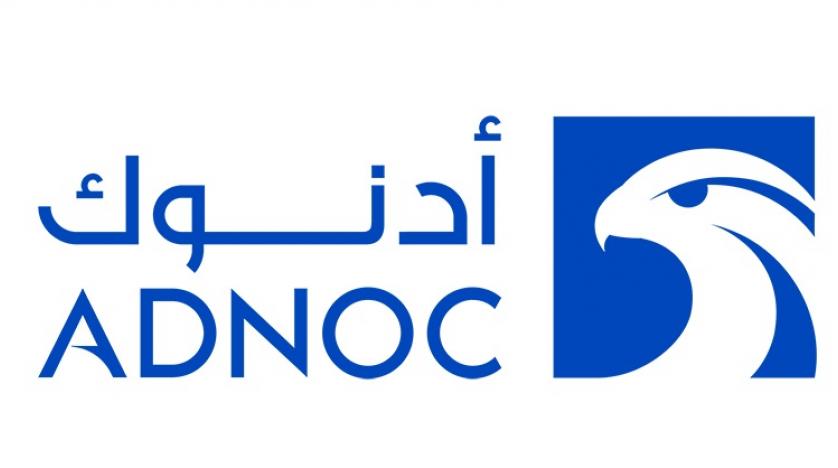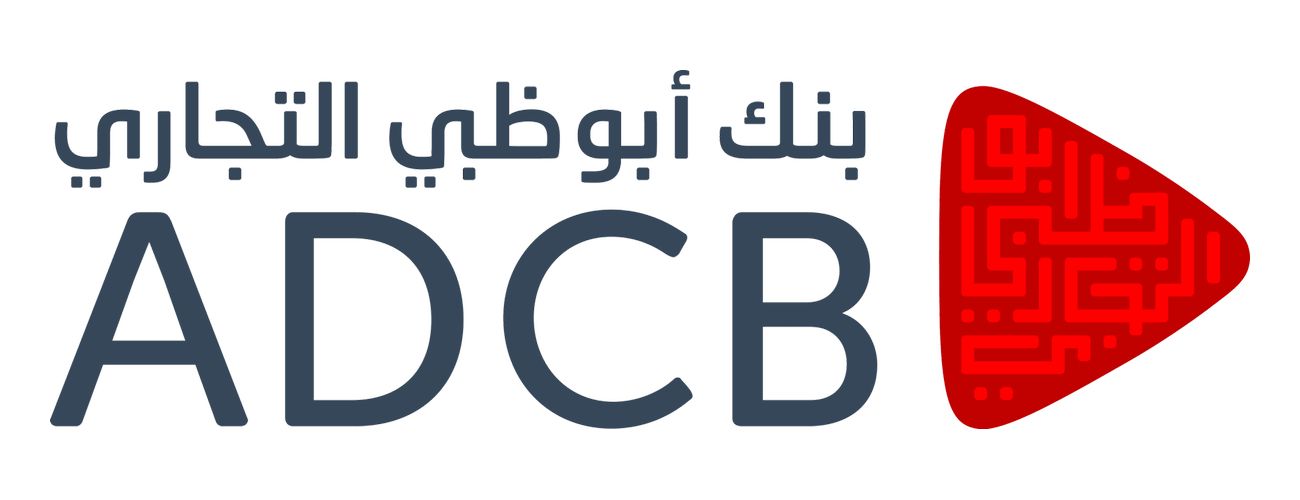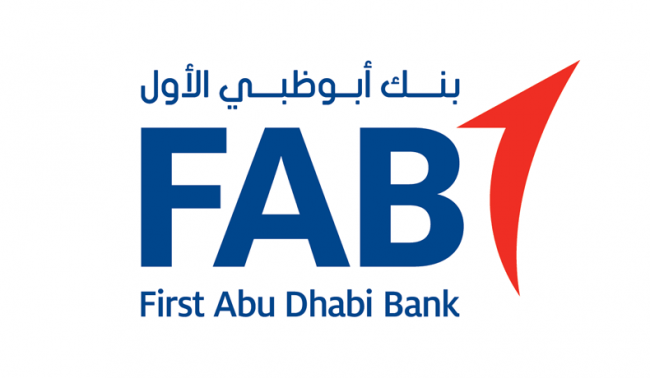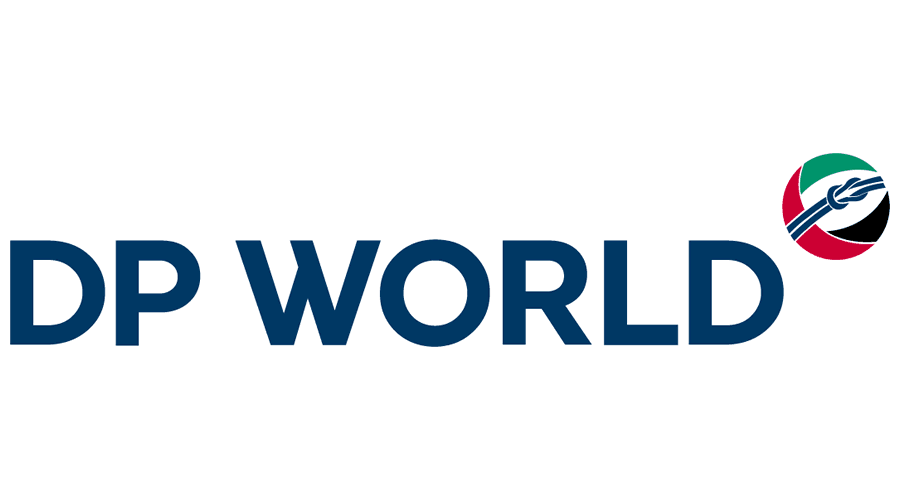
Effective questioning is the key to successful and result-oriented coaching. The questions in coaching have to be drafted to generate responsibility and awareness in the coachee. It ultimately falls upon the skills and competencies of the coach. Asking just any question is not enough; the coach needs to assess its effectiveness and frame it accordingly.
The Importance of Questioning in Coaching
Questions in coaching are supposed to provoke thoughts and information. In coaching, questions generate required information from the coachee. The answers lead the coach to follow a pattern of consecutive questioning and assess the session-wise progress of the coachee.
Functions of Effective Questions in Coaching
There are a few dos and don’ts in questioning for coaching, following which will help the coach take the session forward on the right track. Here’s how a functional questionnaire should comprise:
Open Questions VS Closed Questions
Open questions are explorative and elaborative. On the contrary, closed questions, which require a yes or a no, have no value in coaching. It doesn’t urge the coachee to engage with self. Open questions, on the contrary, compel the coachee to provide descriptive answers that generate responsibility and awareness – the two primary goals of coaching.
Choice of Interrogative Words
Effective questioning should always begin with interrogative words that would generate information. The correct words to use here are:
- How much
- How many
- What
- Who
- When
However, the coach should refrain from framing a sentence with why as it might generate a defensive response and imply criticism. The same goes for how. It both leads to analytical thinking that can disrupt the flow of the coaching process. If there is a why question, then the coach would have to rephrase the same. Instead of asking why it can be rephrased in “what reasons did you have?” Similarly, the how can be rephrased as “what steps do you want to take?” When the questions are redrafted, they generate different and more specific, fact-oriented replies.
Detail Oriented Questioning
The questions in coaching should always gravitate towards details to maintain the interest and focus of the coachee. The coach must probe and delve deeper to gather more valid information to keep the coachee involved and interested in the process to prevent them from providing vague replies.
Focus on the Areas of Interest
The coaching principle demands that the questions should align with the coachee’s thought process and interest. Otherwise, the coachee would fail to realize and understand the responsibility. Exploration of the areas of interest also allows to coach to determine the areas that the coachee is avoiding and maybe address the same is needed.
Refrain from Leading Questions
Leading questions are dead-ends that no coach should ever invest in. It doesn’t take long for the coachee to catch up on it and lose faith and trust in the coaching process and its effectiveness. Manipulative questions lead to nowhere in the practice of coaching.
What’s your questions in coaching?
One might call the thumb-rules of asking effective questions in coaching. But where can the coach learn to follow this approach? The answer is in the institute that a coaching aspirant chooses to get certified. Leading training institutes like Team Transformation include the value of these practices in the learning modules, allowing one to get a grasp of what to do and what not to do in coaching from the very beginning.
What are your favorite questions in coaching? Share with us in the comments!
